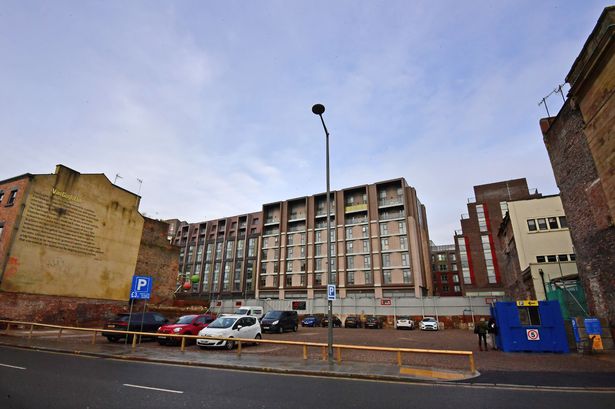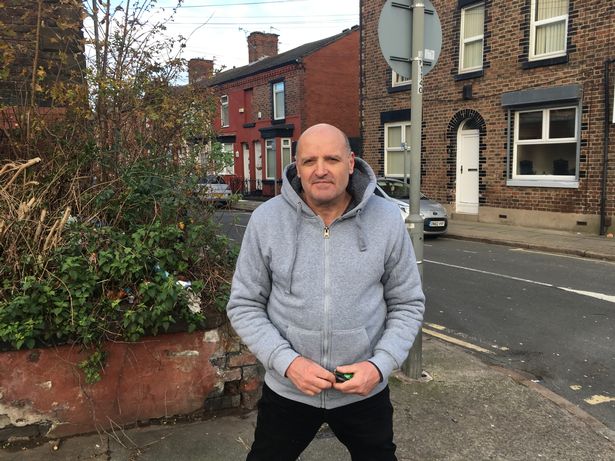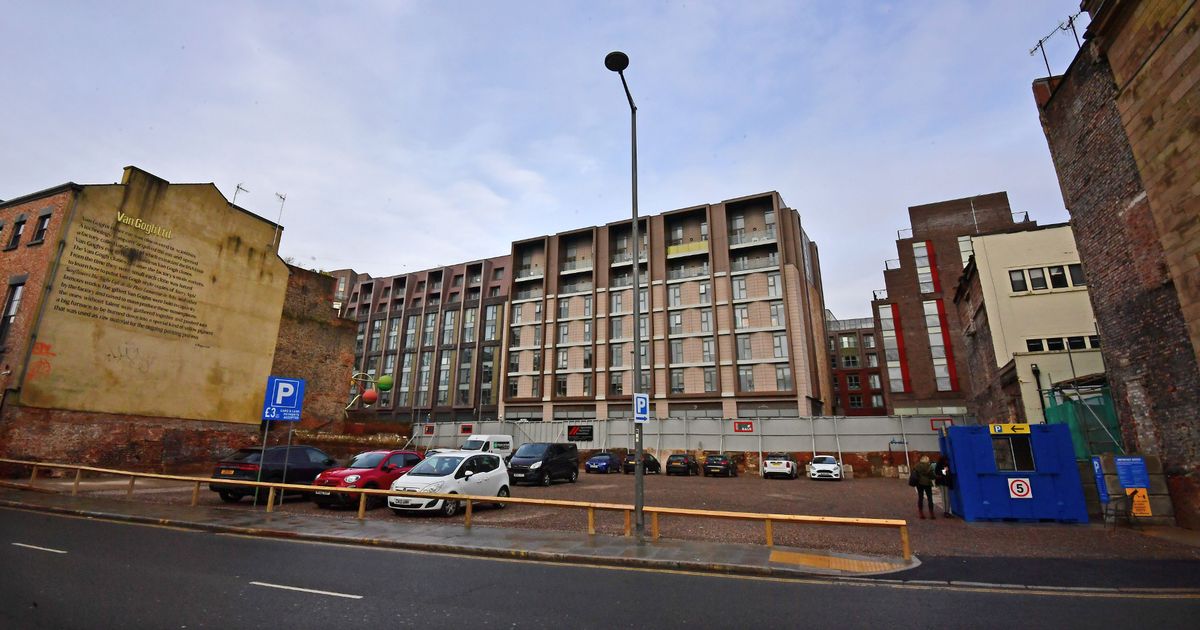Opposition leaders have said Liverpool Council is trying to be trendy by adopting the scheme Car park on Duke Street, Liverpool.(Image: Liverpool Echo)
Car park on Duke Street, Liverpool.(Image: Liverpool Echo)
Opposition leaders have claimed a “trendy” parking plan that could lead to the loss of spaces in Liverpool city centre could drive people away into other shopping districts as a bid is lodged to overturn it. Earlier this month, Liverpool Council’s cabinet moved forward with sweeping changes to how motorists access the heart of town.
City leaders backed a proposal to adopt a new parking strategy with the key aim of reducing the ability for people to drive into and park in the city centre. The major strategy includes bold plans to reduce city centre parking, including the removal of existing city centre parking sites, a potential tax on employers with parking spaces and plans for a new multi-storey car park on the outskirts of the city centre.
Now attempts have been made to get the decision thrown out after opposition councillors have formally called in the cabinet motion and asked them to look again. Cllr Steve Radford, who has triggered the call-in, said the plan may push people out of the city centre.
With the adoption of the new strategy, there is no intention to increase the number of car parking spaces within the city in the future. This is in line with aspirations for modal shift and the city centre modal hierarchy.
Any reduction in parking will need to be matched with improvements to alternative modes of travel. Among the changes to be taken up are a review of the existing residents’ parking permit scheme and potential changes.
Streets which are currently eligible for the permit scheme will be assessed. Existing business permits will also be reviewed.
There is also a vision for a new resident-controlled parking zone to form a ring around the city centre in a bid to encourage commuters to use car parks in peripheral locations and to encourage the use of alternative modes of travel.
 Tuebrook Councillor Steve Radford (Image: Liverpool Echo)
Tuebrook Councillor Steve Radford (Image: Liverpool Echo)
Cllr Radford, who leads the Liberal Party group, said: “There’s been nothing on the impact on the city centre and on-street parking. If you restrict parking in Liverpool, maybe people will go further afield to Cheshire Oaks or the Trafford Centre.
“There seems to be no understanding of consumer choice. One of the biggest things I’m getting is large numbers of disabled people who effectively won’t be able to park.
“There doesn’t seem to have been any consideration of the economic impact. People are angry.
“The council are wanting to be trendy but nobody has checked the impact it will have on people.” Council officers will work with the Liverpool City Region Combined Authority to develop park and ride sites to support public transport access into the city centre and report back to the cabinet in October 2026, while a feasibility study will be carried out assessing the potential for a new multi-storey car park in the city.
This would likely be situated in new areas of residential growth, such as the Baltic Triangle or the Fabric District. Cllr Carl Cashman, leader of the Liberal Democrat group, added his criticisms of the scheme.
He said: “When I speak to the city’s businesses, they often tell me the council acts without speaking to them. This is a prime example of not speaking to the city’s businesses when the economic impact will be huge.
“I’m also concerned for hundreds of musicians, artists, comics and other creatives around the city who are already struggling. This move will make it difficult for them to get their equipment into town but will also mean that attendance at their gigs could be drastically affected.”
Cllr Dan Barrington, Liverpool Council cabinet member for transport and connectivity, said: “Our new parking strategy is about creating a cleaner, safer, and more accessible Liverpool. It’s not about stopping people from driving and parking in the city centre; it’s about encouraging people to use greener transport options while also offering better quality, more integrated parking options in the right locations.
“We’re also addressing residents’ concerns about anti-social parking in our suburbs, hiring dozens more enforcement officers, with plans to recruit many more. Public and stakeholder feedback helped to shape this strategy, and we want to find a balance between supporting residents, businesses and visitors – while making Liverpool a greener, more liveable city.”
